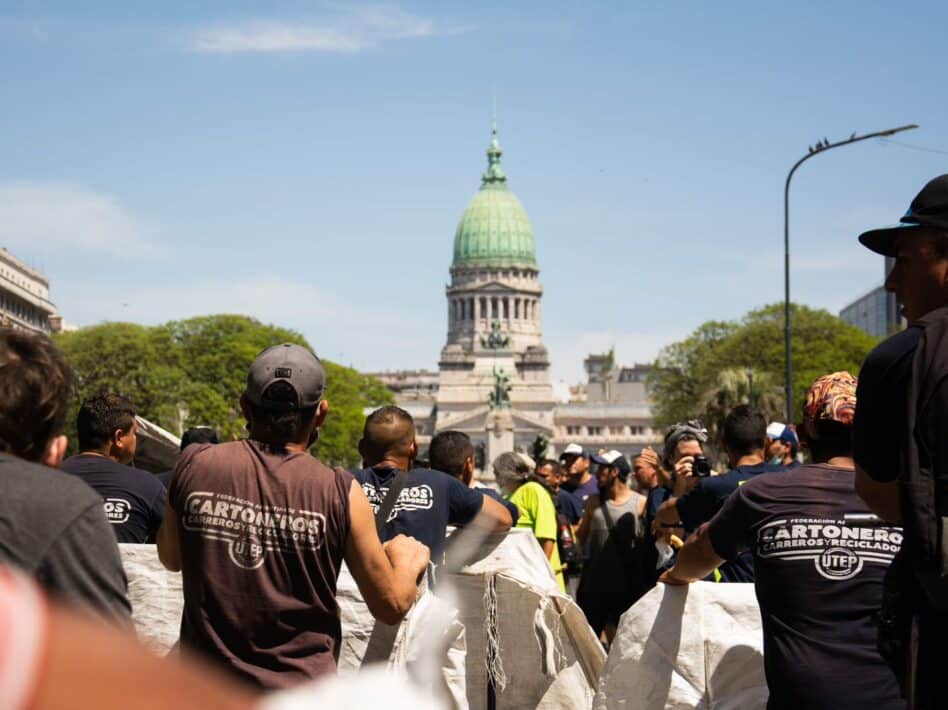SEWA Gitanjali Cooperative: A Social Enterprise in the Making
In 1995 the Self-Employed Women’s Association (SEWA) organized women waste pickers in the city of Ahmedabad into a cooperative to improve their working conditions and livelihoods. In 2008 the waste recycling industry crashed internationally (a direct consequence of the global financial crisis) and prices of scrap dropped drastically, by almost half. Waste pickers’ incomes shrank as result of the crash, and the city’s decision to privatize door-to-door waste collection further deteriorated their income earning options. In response, the cooperative decided to set up a production unit to manufacture value-added products made from recycled waste. This is a case study of the growth and evolution of this informal producers’ unit into a women-owned and -run social enterprise, including the role of members (“sisters”) and external partners. The case study also explores the social value that this enterprise—Gitanjali—appears to have generated, as well as the business bottom line. It concludes by identifying challenges and lessons learned, and provides recommendations for the cooperative’s future.
View list of all: Stories/Case Studies
Go to Resource(this link opens in new window)